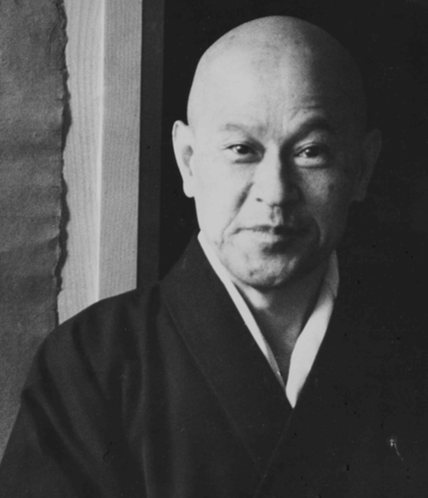Hooked on a Feeling*Taken from a booklet I shared with clients when I worked with people struggling with mental health and addiction issues. Let’s start with a fact: What you choose to think is what you will feel and what you feel is how you will act. If you think this way on a daily basis and therefore feel this way on a daily basis, eventually your body becomes addicted to this feeling and begins to crave it. Knowing that your thoughts have a profound effect on your emotions is a primary ingredient to every recovery success story of people just like you and from all walks of life. I urge you to invest yourself in this knowledge. Read it, know it, memorize it if you must. I can assure you that it will produce profound and amazing results in all facets of your life. With the majority of people I have worked with, one consistent response when presenting this idea is, “But I can’t change how I think. This is who I am, like it or leave it.” It doesn’t matter whether or not I or anyone else likes or dislikes it. What should matter to you is how it makes YOU feel. More importantly, you CAN change how you think. It has been proven by science to be a fact. Here’s how it works: Inside your brain, there is a tiny chemical factory called the hypothalamus. It may be tiny, but it is one of the most productive chemical factories in production on the planet! The hypothalamus produces chemicals called peptides. These peptides are created to duplicate specific emotions, such as: joy, sadness, excitement, fear, relaxation, stress, anger or depression. From the hypothalamus, the peptides are sent to the pituitary gland and then out into the blood stream which contains anywhere from twenty to thirty trillion cells. Each cell has receptor sites. The peptides dock onto the receptor sites, taking control of the cell, and eventually creating new cells with more receptor sites ready and waiting for that particular type of peptide. So, what does this have to do with how your thoughts affect your feelings? What scientists discovered is that peptides affect nearly all of our life processes. When peptides dock onto and take over a cell, creating similar cells, it can produce changes in behavior and mood. When you think and feel something on a daily basis, your body gets addicted to it. In a sense, you get hooked on a feeling. Look at it this way:
Ever wonder why you wake up feeling depressed every day? All of the above is a major contributor. In many cases, it is the only contributor. Thankfully, there is a solution. In the same way that you can form habits to negative thoughts and feelings, the good news is that you can also form habits to positive thoughts and feelings. How do you break the cycle of addiction to negative thoughts? Cold turkey. As you stop entertaining gloomy thoughts, your brain slowly stops manufacturing the matching peptide, thereby tapering your body’s craving for that chemical. What makes this process more effective is to replace the bad thoughts with good ones. As the saying goes, “Sadness withers on the vine from lack of attention.” Stop watering the sadness vine. As it dies, weed it out. Then plant new seeds, positive thinking seeds, and water them. Soon they will grow and flourish, leaving no room in the garden for anything else. * This applies to all sensory input -Sight, sound, taste, smell, touch. More on this in the future. Comments are closed.
|
from and for Michael Dickes
Categories
All
Archives
October 2019
|

 RSS Feed
RSS Feed

















